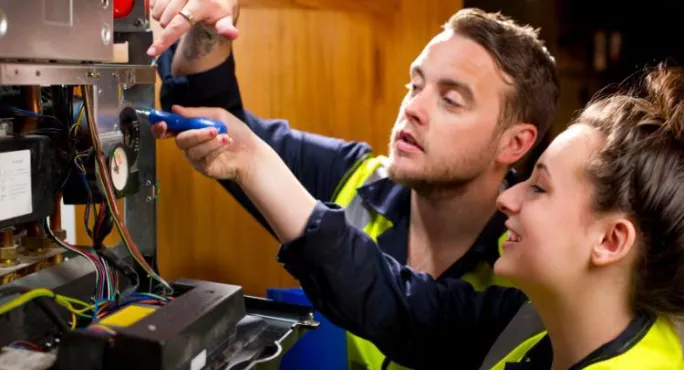University technical colleges (UTCs) create “well-rounded, work-ready students”, according to a report by the National Foundation for Educational Research.
The report, undertaken on behalf of the Royal Academy of Engineering and the Edge Foundation, found that students at the often-criticised UTCs develop more work-ready skills, including project management and good communication skills, alongside their technical skills.
UTCs have struggled with recruitment and financial issues, as well as poor Ofsted reports and closures since they were introduced by the coalition government in 2010.
Last month, it emerged that out of 302 new free schools in the “pre-opening phase”, only one is a UTC. Charles Parker, chief executive of the Baker Dearing Educational Trust, which promotes, licenses and supports UTCs, told Tes at the time he believed the Department for Education had effectively put the UTC programme on pause.
And in June, another report by the National Foundation for Educational Research said UTCs would “continue to struggle” unless they got more support from the government.
‘Young professionals’
But according to today’s interim report, entitled Evaluation of university technical colleges - Year 1 and due to be followed by a full report next year, employers described learners at UTCs as “young professionals ready for work”, and students themselves felt more confident about their next steps.
The study, based on interviews at 10 of the countries just less than 50 UTCs, found evidence of employer awareness and presence at all the UTCs visited, including informing the curriculum with current industry skills needs; observation and experience of everyday industry activity.
The report did acknowledge, however, a number of challenges, including UTCs struggling to sufficient numbers of students, as well as in recruiting and retaining staff. This, those interviewed for the report said, was down to UTCs being seen as competition to local schools.
‘Much to learn’
Rhys Morgan, director of engineering and education at the Royal Academy of Engineering, said: “There are clear benefits of employer involvement in UTCs for both industry and students alike. All UTCs in this report had an employer presence, but the varying approaches to employer involvement and the challenges of finding the right employers to involve need to be addressed as this type of technical education evolves and matures.”
Alice Barnard, chief executive of the Edge Foundation , said the report showed there was “much to learn from the UTC model for all schools”. “Students clearly benefit from the employer engagement opportunities available and this is reflected in the outcomes whether that’s an apprenticeship, education or employment,” she said. “The implementation of the ‘Baker clause’ in January may help to address some of the recruitment challenges many UTCs face and make the local UTC a positive choice for young people who are focused on a technical education.”
Want to keep up with the latest education news and opinion? Follow TES FE News on Twitter, like us on Facebook and follow us on LinkedIn




